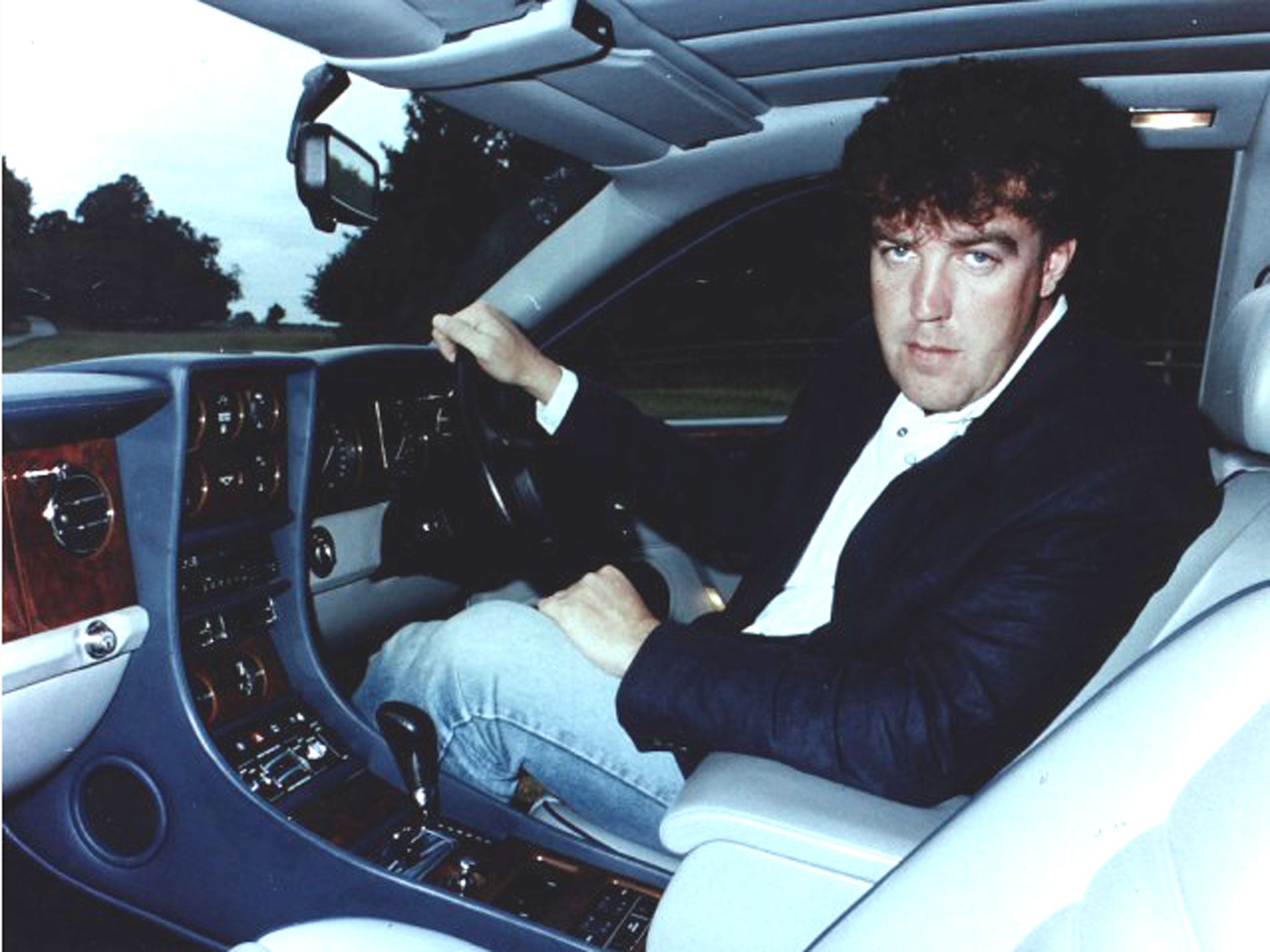Jeremy Clarkson almost being killed in Argentina proves that Top Gear's humour is seen for what it is outside the UK
Cultural insensitivity is suddenly not so funny when it makes people want you dead

Your support helps us to tell the story
From reproductive rights to climate change to Big Tech, The Independent is on the ground when the story is developing. Whether it's investigating the financials of Elon Musk's pro-Trump PAC or producing our latest documentary, 'The A Word', which shines a light on the American women fighting for reproductive rights, we know how important it is to parse out the facts from the messaging.
At such a critical moment in US history, we need reporters on the ground. Your donation allows us to keep sending journalists to speak to both sides of the story.
The Independent is trusted by Americans across the entire political spectrum. And unlike many other quality news outlets, we choose not to lock Americans out of our reporting and analysis with paywalls. We believe quality journalism should be available to everyone, paid for by those who can afford it.
Your support makes all the difference.Top Gear has been known to court controversy. Its presenters once drove a car with “Man loves rules OK” written on the side through Alabama. They also drove a motorcycle painted in stars and stripes through North Vietnam, blasting Bruce Springsteen's “Born in the USA”. The "Top Gear Controversies" Wikipedia page even has a “cultural mockery” subsection. Jeremy Clarkson once drove a Jaguar fitted with a toilet through an Indian slum as part of a joke about India's poor sanitation. And called an Asian man a "slope".
The Top Gear team now claims that, following an incident in Argentina caused by a potentially inflammatory licence plate, they had not intended to offend, and had no idea of the connotations of the plate, which read 'H982 FKL'. Some took this as a reference to the Falklands War of 1982, and the Top Gear team had to flee Ushuaia, in southern Argentina. Local police, examining the abandoned cars that caused the controversy, say that they found a third licence plate, which read "!BE11 END".
Obviously, the Top Gear team were planning on being provocative. They are always provocative, and define themselves in part by being naughty and transgressive. They're like Vice magazine or the Sex Pistols, but for 12-year-old boys and 45-year-old men.
Such brands face some challenging existential problems: how to be both an institution and a rebel? How to be transgressive every week? Can you still be rebellious when rebellion is a product you are selling?
Top Gear's solution is be a particular kind of rebel, the uncle who drinks too much and says things that are politically incorrect, but doesn't give a damn. This is a character that plays well in the UK. Evidently, it plays less well in the south of Argentina.
The Top Gear team planned on being offensive, in the sense that they planned on their viewers back home thinking they were being offensive. They didn't realise just how much they would actually offend people in the province of Tierra del Fuego, because their provocations were never meant for actual Argentinians.
Clarkson used his column in the Sunday Times to give an account of the whole incident. It's his attempt to regain control of the story, to be offensive enough to keep their fans entertained, but not to be too offensive. The column, in addition to its entertaining narrative of unwarranted danger and daring escape, is a good example of Clarkson's tendency to apologise for things without really apologising.
Clarkson has said the crew had no idea that the plates could be seen as offensive, and that they were changed when it was pointed out – an apology and an admission of innocence. Changing the plates on a motor vehicle is a crime in Argentina that can carry up to three years jail time, but it is not a crime that is likely to incite mob violence against the perpetrator.
As he always does, he had to have the final word. He ends his piece by saying “I'd like to say 'Gotcha' at this point. But I won't.” He refers, of course, to the Sun's infamous headline after the sinking of the Argentinian ship ARA General Belgrano, a taunt with the barest denial. Clarkson, the driving force behind Top Gear, is back in control. But then again, it's easy to be provocative from thousands of miles away.
Join our commenting forum
Join thought-provoking conversations, follow other Independent readers and see their replies
Comments